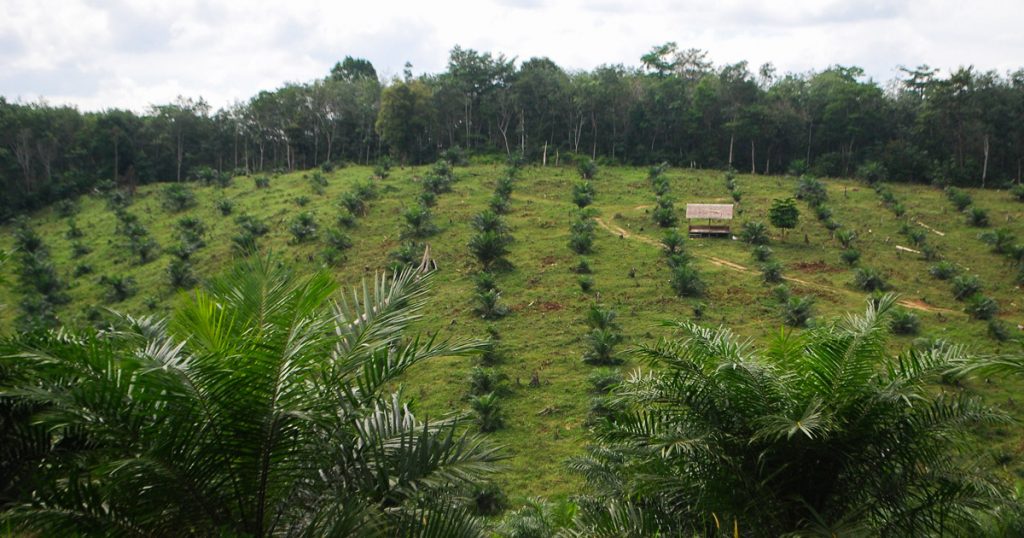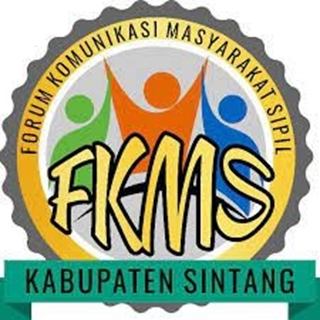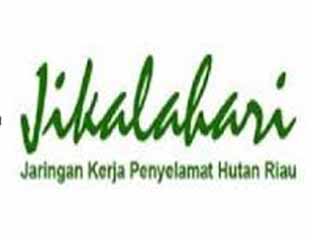Scaling Jurisdictional Approaches in the Sustainable Palm Oil and Agriculture Sectors

Background
The jurisdictional approach (JA) has garnered interest from stakeholders concerned about sustainable commodity production. JA is defined as an initiative on integrated landscape management based on policy-relevant boundaries and designed to advance high-level government involvement (Stickler et al. 2018).1 It is seen as one of the pathways for addressing challenges on the ground, by promoting multistakeholder collaboration, creating incentives or value proportions, and connecting the dots between different types of initiatives across levels or sectors (Seymour et al. 2020).2
Stakeholders have increasingly adopted jurisdictional approaches as a solution to fulfilling their climate pledges. JA is promising because the programme- or project-based approach has failed to address the complexities associated with land tenure, which is one of the drivers of deforestation (Seymour et al. 2020).2 It has been perceived as an alternative to traditional conservation strategies (von Essen and Lambin 2021).3 It can advance cost efficiency and responsibility sharing to achieve sustainability progress and targets in jurisdictions (Tropical Forest Alliance 2021).4 It can also ensure sustainability in sourcing for businesses (Tropical Forest Alliance 2023).5
JA has been implemented for forest conservation and sustainable commodity development worldwide, including in Pelalawan and Sintang regencies, where FoKSBI – a government-led multistakeholder platform for sustainable palm oil in Indonesia – became the driving force for regency action plans on sustainable palm oil. This session, entitled Scaling Jurisdictional Approaches in the Sustainable Palm Oil and Agriculture Sectors, is part of the Global Landscape Forum’s “New Vision for Earth” and is supported by the Walmart Foundation. We aim to share progress in and lessons learned from JA initiatives in Indonesia and beyond, particularly those relating to the palm oil and agriculture sectors. We expect to disseminate findings from CIFOR-ICRAF and partners’ JA projects. In addition, we will share preliminary findings on criteria and indicators for monitoring JA initiatives based on existing standard-setting initiatives.
Objectives
Objectives of the session are to:
- advance dissemination of progress and lessons learned from existing JA initiatives in the oil palm and agriculture sectors in Indonesia and beyond;
- discuss and obtain input on ideal criteria and indicators for monitoring JA initiatives;
- disseminate key findings and lessons learned to strengthen and scale out existing JA initiatives.
Agenda
2 Seymour F, Aurora L, Arif J. 2020. The jurisdictional approach in Indonesia: Incentives, actions, and facilitating connections. Frontiers in Forests and Global Change Vol. 3.
3 von Essen M and Lambin EF. 2021. Jurisdictional approaches to sustainable resource use. Frontiers in Ecology and the Environment 19(3):159–167.
4 Tropical Forest Alliance. 2021. Jurisdictional approach to sustainability: Lessons learnt from private sector action in Aceh Tamiang, Indonesia.
5 Tropical Forest Alliance, Proforest, CDP. 2023. Company landscape engagement for cocoa sustainability: Progress and the path forward.























